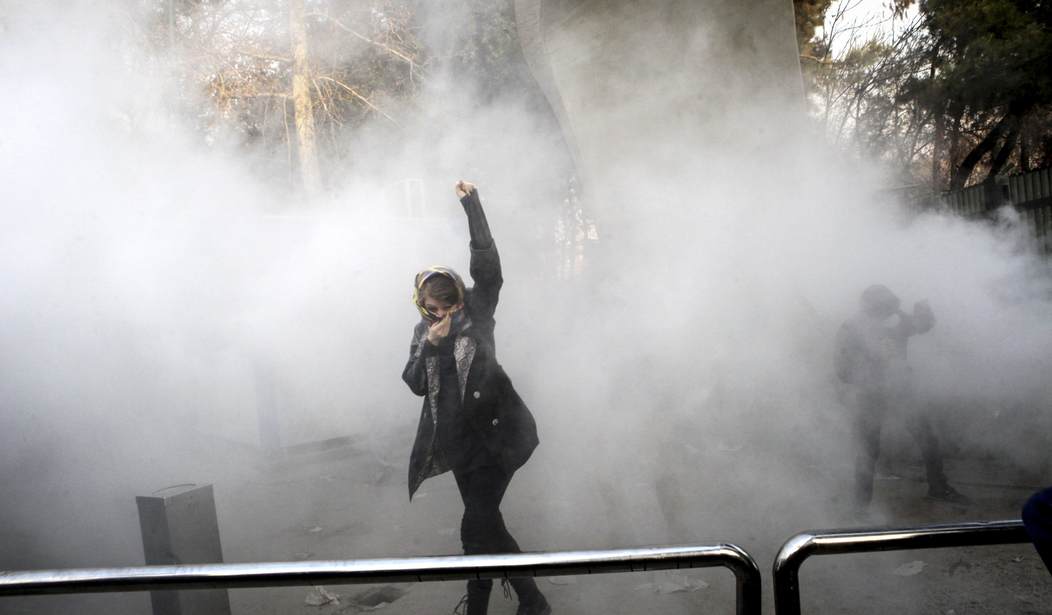The Trump administration announcement that the 2020 Census will ask about citizenship is a welcome change. Having robust citizenship data will help enforcement of the Voting Rights Act, more fairly allocate political power, and even have the unexpected benefit of curbing vote dilution against African-Americans.
On cue, interest groups which benefit from the status quo of failing to gather citizenship data have lost their collective minds over the change.
To them, asking about citizenship data is an intrusive ploy to reduce participation in the 2020 Census. This is the same census that, in the past, asked how many toilets you have.
Asking a citizenship question in the 2020 version will yield better data.
Right now, the census provides foggy census data, especially when it comes to voting matters administered by the Department of Justice where I once worked. While the current data are useful for many applications, drawing of legislative district lines requires greater precision than the current census sometimes allows. This affects enforcement of the Voting Rights Act, as the Trump Justice Department told the Commerce Department before the citizenship decision.
Because Voting Rights Act cases can only be brought if there is the requisite concentration of minority citizens in a given area, ascertaining citizenship is important.
Aliens are not protected by the Voting Rights Act even if they are protected by many other civil rights laws. Too many aliens in the area being examined can bollix up the Voting Rights Act analysis. I know this because I examined jurisdictions with high alien populations, and ultimately brought a Voting Rights Act lawsuit against one in 2009.
United States v. Lake Park, Florida, involved an area with a concentrated African-American population, as well as a large non-citizen Haitian population. The case was a challenge to at-large elections in this small Florida town. Because Lake Park was so small, solid citizenship data did not exist. The United States brought the Voting Rights Act case despite the foggy citizenship data.
Before Lake Park, the Justice Department — as a matter of a quiet unwritten policy — didn’t prioritize Voting Rights Act cases against towns as small as Lake Park. If you lived in a small town, one of the greatest achievements of the civil rights movement effectively didn’t protect you.
That was a dumb policy — especially because local government can impact your life significantly — and it ended with the Lake Park case.
Part of the problem with the census was that citizenship data is especially lacking for smaller jurisdictions like Lake Park. Currently, citizenship data is only collected for smaller jurisdictions on a rolling multi-year survey that is not as reliable as an actual robust enumeration. Adding a citizenship question to the 2020 Census will help end one excuse the bureaucrats at the Justice Department have used to refuse to bring Voting Rights Act cases against the smallest jurisdictions. It will help bring full Voting Rights Act protections to small towns — more than half a century after the law was first passed.
Having reliable citizenship data from the 2020 Census will make Voting Rights Act enforcement more efficient, and more reliable. Nevertheless, the professional civil rights industry has attacked the DOJ request for citizenship data.
And that’s a shame — because American blacks have suffered the most from the subsidy to non-citizens the lack of data provides.
For decades, black leaders in Los Angeles have begged for a Voting Rights Act enforcement action because they were losing elected seats and clout on Los Angeles’s city council. In areas with concentrations of blacks and Hispanics, particularly in areas such as Los Angeles with a significant non-citizen population, African-Americans lose power on the margins.
Here’s how it works.
Because each legislative district — even for a city council — must be essentially equal in population, areas with a large non-citizen population gain a political subsidy. In Los Angeles, Hispanic population growth, often fueled by non-citizens, led to black majority legislative districts being squeezed and ultimately eliminated.
Black and Hispanic residential demographics often place the concentrated populations adjacent to each other, so the creation — or elimination — of majority minority districts occur at the expense of the other population.
African-American populations are almost entirely made up of citizens. But growing Hispanic populations are a mix of citizen and non-citizen — so blacks lose political power on the margins if line-drawers don’t have, and use, good citizenship data.
Los Angeles is not the only place where black political power is being eroded because of non-citizens. The same dynamic occurs elsewhere in California, and in Texas, Florida, Illinois, and elsewhere.
When the Trump administration decided to collect robust citizenship data, it was a political victory for Americans. Advocates for foreigners might not like the changes to Census 2020. But Americans are better off.










Join the conversation as a VIP Member